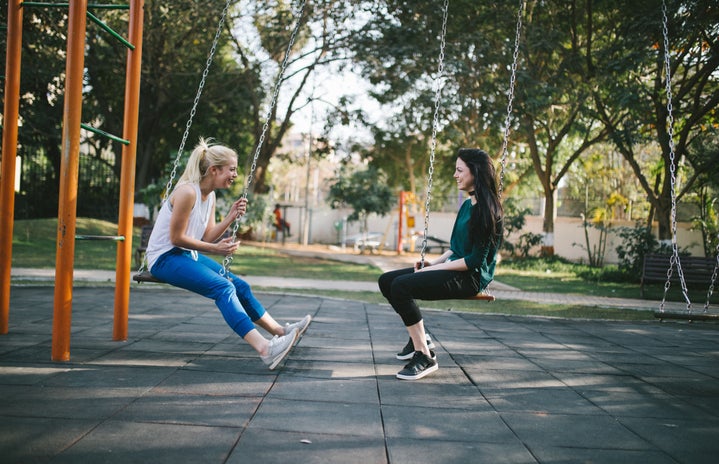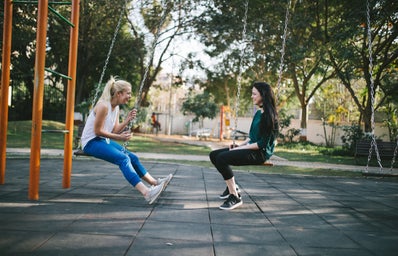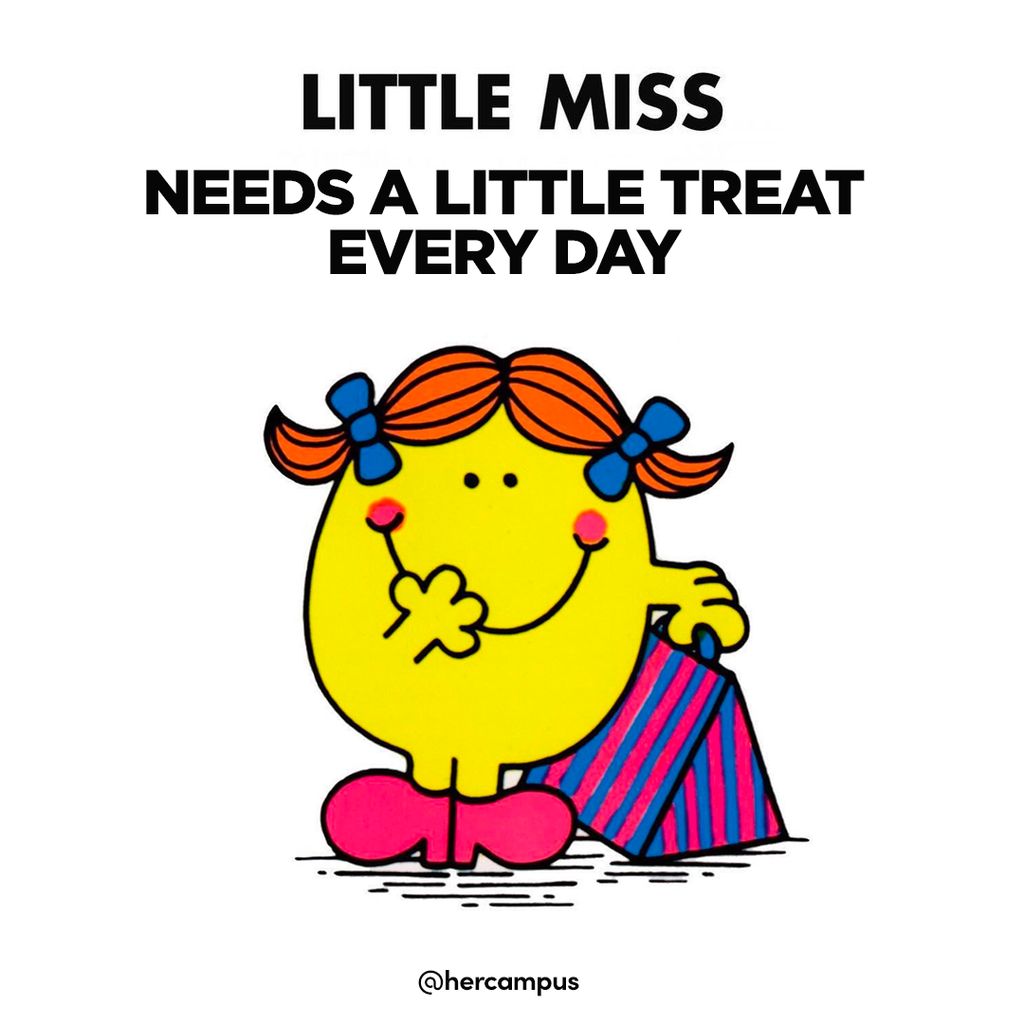In 2021, the Lego company launched a new line of botanical Lego sets, offering relatively realistic bouquets of red roses, a Bonsai tree, a Bird of Paradise, succulents, wreaths, and more. Since their release, the LEGO sets have become massively popular, especially with young adults and older groups. I participated in this LEGO resurgence, and upon building my first botanical set (a white Orchid in a gray pot), was hit with a wave of not only nostalgia, but momentary peace.
The LEGO Botanical collection’s more mature look has managed to bring many adults back to a simple activity that they once enjoyed as children, putting something together and watching it come to life. The building process requires carefully reading directions, accounting for all pieces, and putting one’s full attention into something just for its own sake, rather than for work or profit. All of these activities are extremely hard to come by in the adult world, often being passed up because we are constantly too busy, or because little to no value is placed on them. Our culture pushes constant productivity with little room for hobbies and interests, stipulating that the principles of curiosity, learning, creativity, and non-work-related interests are reserved only for children.
In many online spaces such as TikTok and Instagram, we have seen a resurgence in people gravitating towards the hobbies, interests, and passions they had as children. This includes anything from Legos, adult coloring books, crafting, collecting trinkets and toys (i.e. Smiski and Mini Brands), watching children’s shows and cartoons, and listening to music from their adolescent years. Joking comments about “regressing back to childhood” are founded in truth, because that is essentially what we all are reaching for: a way to get back to the simplicity and joy that came with being children. Seeking refuge in enjoyable, leisurely, wholesome activities offers us a moment where we can indulge our creative and flexible minds, and take pleasure in something for its own sake, not because we have to for money, status, or to fit societal expectations.
Another aspect of our desire to preserve parts of our childhood is that we have seen how younger generations are growing up faster. The arrival and dominating force of social media has, in many ways, eradicated the adolescent-childhood phase of life for many kids. TikTok, Instagram, and Snapchat have been online spaces that promote and foster the sexualization of young teens, especially teen girls. In order to keep up with increasingly sexual and suggestive trends, both in types of content and in clothing, young people are acting more mature than their counterparts in years past, forfeiting toys for electronic devices, makeup, workout equipment, etc. Many joke that the “awkward tween” phase no longer exists, and kids go from being perceived as children to perceived as young adults. For those of us witnessing these children forcing themselves to grow up — and often in ways that are very unsafe — it is saddening and reminds us of our own childhoods, and disconnections from them. We are forced to look at our lives and realize what aspects of ourselves we lost in trying to keep up with everyone else, and why it is so important to bring those back.
It is in reflecting on our past selves where we find insight, and realize just how wise we were as children. Allowing ourselves to explore our interests, create for the sake of exercising our imagination, and treating ourselves with patience are all ways in which we can “be kids again” in our adult lives.


